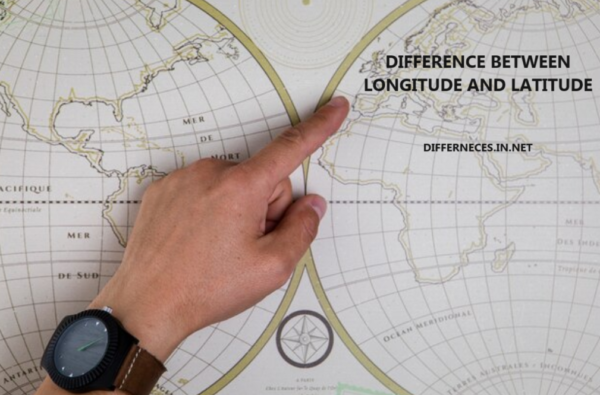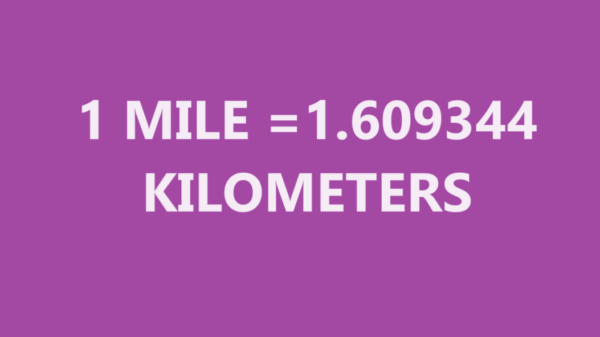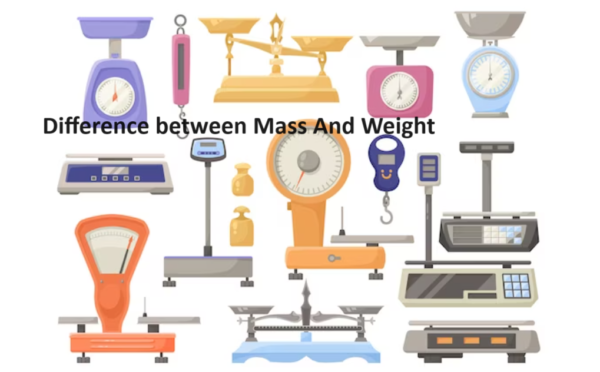Understanding Longitude and Latitude Two key ideas in geography and cartography are longitude and latitude, which are used to pinpoint a point’s position on Earth. Although they are both distance measures, their direction and objectives are different. Exploring Latitude Latitude is the degree-based angular distance, north or south of the equator, of a location. It […]
Differences between mile and kilometer
Understanding Distance Measurement Each unit offers unique benefits and applications. Ultimately, it all depends on the culture and area where it is applied. The mile and the kilometre are both used to measure distance. However, they have different histories and applications. Most countries use the kilometre as their standard unit of measurement. On the other […]
Difference between Mass And Weight
The Distinction Between Mass and Weight Weight measures the gravitational force applied to an object. It is a vector quantity, meaning it has both magnitude and direction. An object’s mass and the gravitational force exerted on it determine its weight. Common units of weight include pounds (lb) and newtons (N). For example, a book weighs […]


